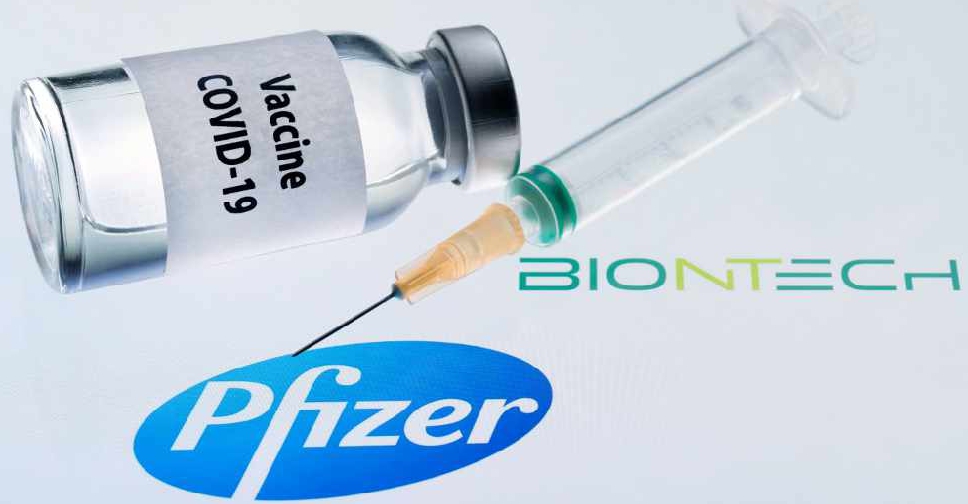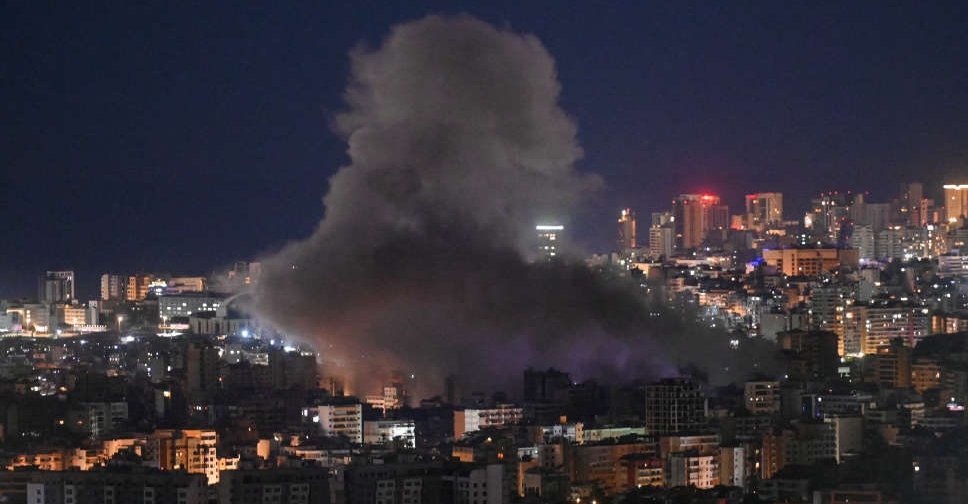
The US Food and Drug Administration on Monday gave full approval to the COVID-19 vaccine made by Pfizer and German partner BioNTech for use in people over the age of 16.
It's the first such approval of a COVID-19 shot.
The vaccine has been authorised for emergency use since December and more than 204 million people in the United States have received it, based on Sunday's data.
But none of the three authorised COVID-19 vaccines had previously received full FDA approval.
Public health officials hope it will convince more unvaccinated Americans that Pfizer's shot is safe and effective.
Vaccine hesitancy among some Americans has hindered the United States response to the novel coronavirus.
"While millions of people have already safely received COVID-19 vaccines, we recognize that for some, the FDA approval of a vaccine may now instill additional confidence to get vaccinated," said Janet Woodcock, the US Food and Drug Administration's acting commissioner.
Roughly 51 per cent of Americans have been fully vaccinated so far, even as a recent surge of infections spurred by the contagious Delta variant ravages parts of the country with low vaccination rates.




 Azerbaijan accuses Iran of firing two drones at its territory, injuring two
Azerbaijan accuses Iran of firing two drones at its territory, injuring two
 72 killed in Israeli attacks on Lebanon as it warns residents to leave south
72 killed in Israeli attacks on Lebanon as it warns residents to leave south
 Nepal goes to the polls; voters seek change after youth-led protests
Nepal goes to the polls; voters seek change after youth-led protests
 Landslide kills over 200 people at Congo's Rubaya mine
Landslide kills over 200 people at Congo's Rubaya mine
 80 people killed after US sinks Iranian warship
80 people killed after US sinks Iranian warship




